Religion
In this section religions, religious belief and many elements of religiosity are explored and discussed. Early pagan beliefs in Britain and Ireland to the worship of gods across Europe are explored as are the religious changes that monotheism introduced. How religion affects themes of power, individuality and architecture are debated as are key historical movements such as the Reformation and the crusades.
Sort by:
Date (Newest first) | Title A-Z
Show:
All |
Articles |
Podcasts |
Multipage Articles
-

Developing KS3 students’ ability to challenge their history curriculum through an early introduction of significance
ArticleClick to view -

‘Compressing and rendering’: using biography to teach big stories
ArticleClick to view -

What Have Historians Been Arguing About... the impact of the English Reformation
ArticleClick to view -

Year 7 use oral traditions to make claims about the rise and fall of the Inka empire
ArticleClick to view -
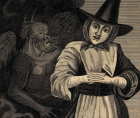
Cunning Plan 183: Teaching a broader Britain, 1625–1714
ArticleClick to view -

In pursuit of shared histories: uncovering Islamic history in the secondary classroom
ArticleClick to view -

Exploring the importance of local visits in developing wider narratives of change and continuity
ArticleClick to view -
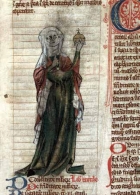
Polychronicon 172: Health in the Middle Ages
ArticleClick to view -
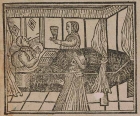
Seeing beyond the frame
ArticleClick to view -
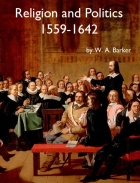
Religion and Politics 1559-1642
ArticleClick to view -
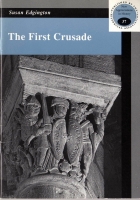
The First Crusade
ArticleClick to view -

Puritan attitudes towards plays and pleasure in the Age of Shakespeare
ArticleClick to view -
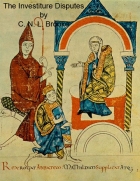
The Investiture Disputes
ArticleClick to view -
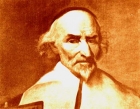
Regional Aspects of the Scottish Reformation
ArticleClick to view -
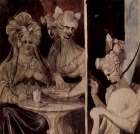
Women and the Politics of the Parish in England
ArticleClick to view -
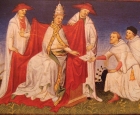
Papal Election and Murder
ArticleClick to view -
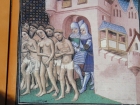
Cathars and Castles in Medieval France
ArticleClick to view -

The Byzantine Empire on the Eve of the Crusades
ArticleClick to view -
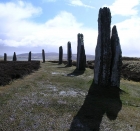
Prehistoric Scotland
ArticleClick to view -
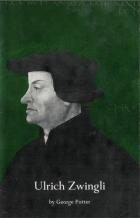
Ulrich Zwingli
ArticleClick to view

